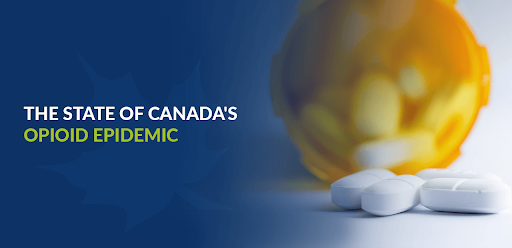Understanding What Methadone Is and How It Works
As a class of drugs, opioids include hydrocodone, oxycodone, fentanyl, heroin and morphine. All opioids are chemically similar, interacting with the nerve cells’ opioid receptors throughout the body and brain. Generally, opioid pain relievers can be safe when taken for an appropriate amount of time with a doctor’s prescription and supervision, but they can lead […]
Continue Reading

